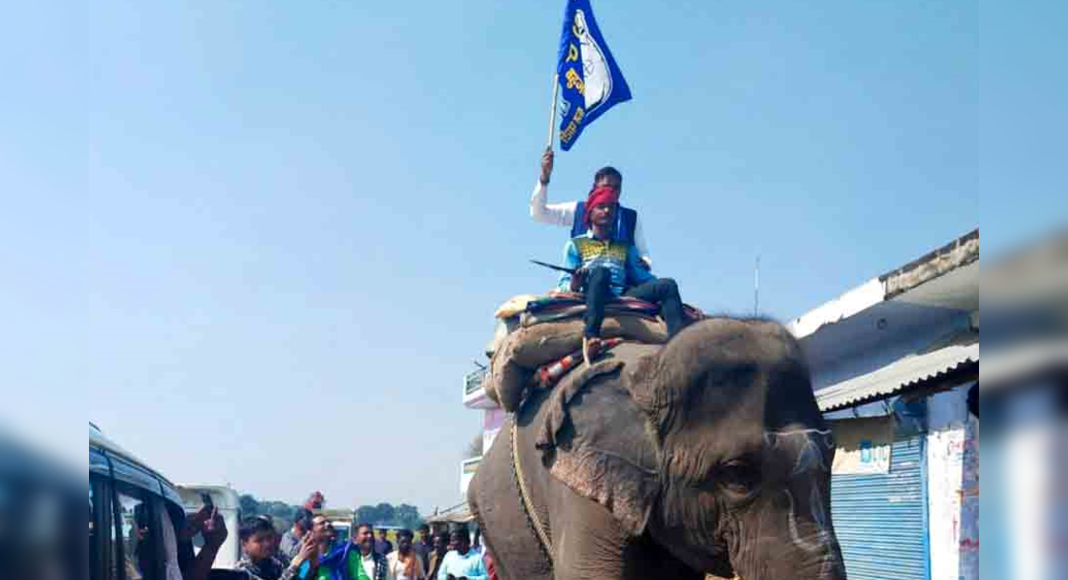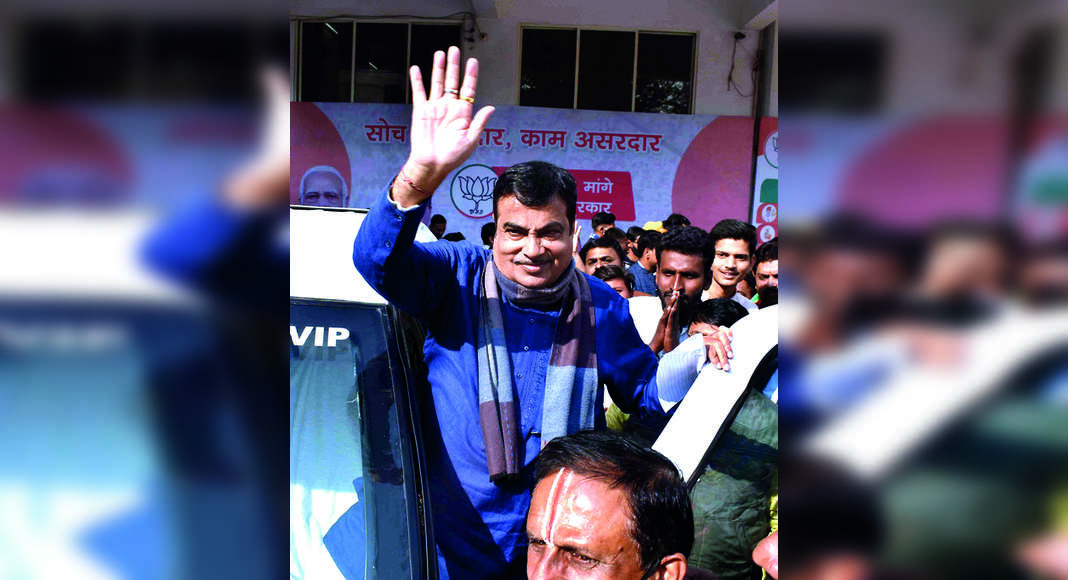Prayagraj: Under the three-day Covid-19 sero prevalence survey conducted in 31 spots, including 30 villages and an urban site of Prayagraj district, teams of health department on Sunday claimed to have collected 744 samples.
The sero prevalence survey began on Friday.
In this survey, blood samples are collected and then lab tests are conducted on them to find the presence of antibodies against coronavirus in humans.
The survey was termed crucial in finding out whether and to what extent immunity against the deadly virus is developing in the population.
Nodal officer (sero survey) and additional chief medical offer Dr A K Tiwari told TOI that the medical teams collected a total of 744 samples during the three-day campaign.
He added that samples of 42 people who tested Covid positive either in the first or second wave would be collected on Monday for testing.
Names of these 42 persons have been sent by the state health authorities to the districts concerned for sample collection.
Dr Tiwari, meanwhile, said that a total of 24 samples were collected from each village and cantonment area for testing.
Samples of six persons, including two men and two women (aged above 45 years) and two children (from five to 18 years of age), were collected under random sampling process, he added.
Health teams have collected four sets from each village (samples of six members from each of the four families) for testing.
Samples were collected from villages falling under Shankargarh, Dhanupur, Handia, Koraon, Manda, Meja, Urwa, Bahadurpur, Pratappur, Phulpur, Kaurihar, Mauaima, Soraon, Bara and Cantt (Prayagraj urban).
Officials said that a similar survey was carried out in 11 districts of the state in September last year, and the districts covered included Kanpur, Varanasi, Gorakhpur, Agra, Prayagraj, Kaushambi, Baghpat, Moradabad, Ghaziabad, Lucknow and Meerut.
The exercise conducted by KGMU (Lucknow) found out that one in five persons in the state had developed antibodies against coronavirus.
In sero surveys, scientists and health experts will look for IGG against Covid to find out percentage of the population that has developed immunity against the deadly virus.
Public health specialists also pointed out that since most of the cases are asymptomatic and hence liable to be missed by RT-PCR testing, seroprevalence surveys could play a significant role in the ongoing battle against the pandemic.
The findings will help the state plan for the anticipated third wave as well.




